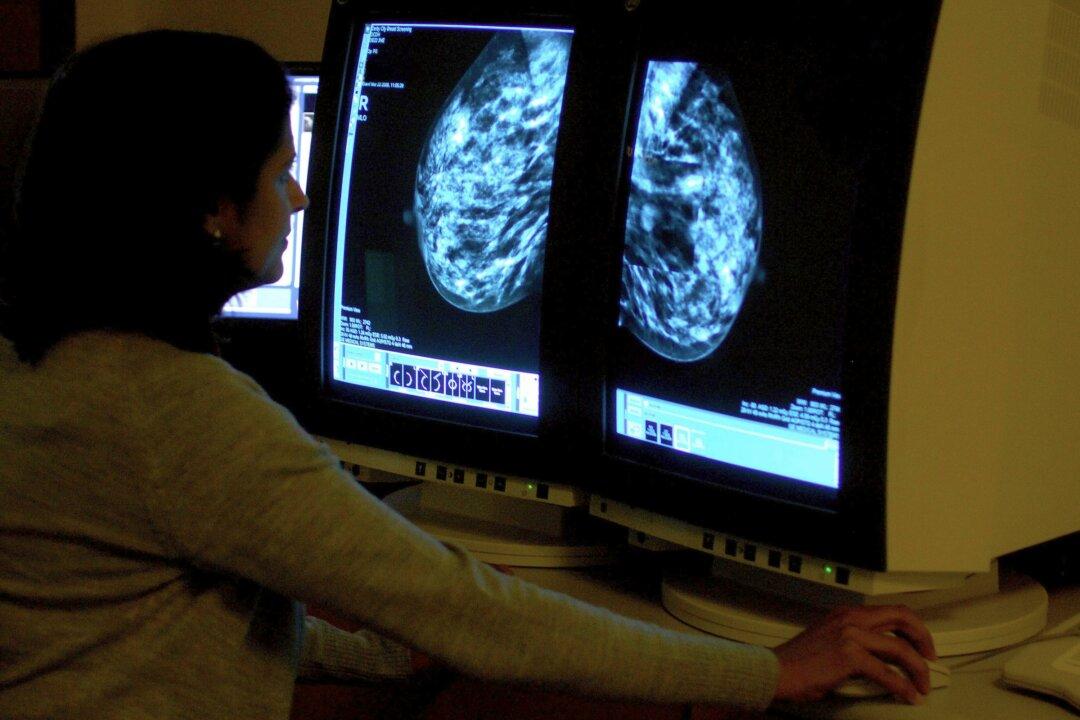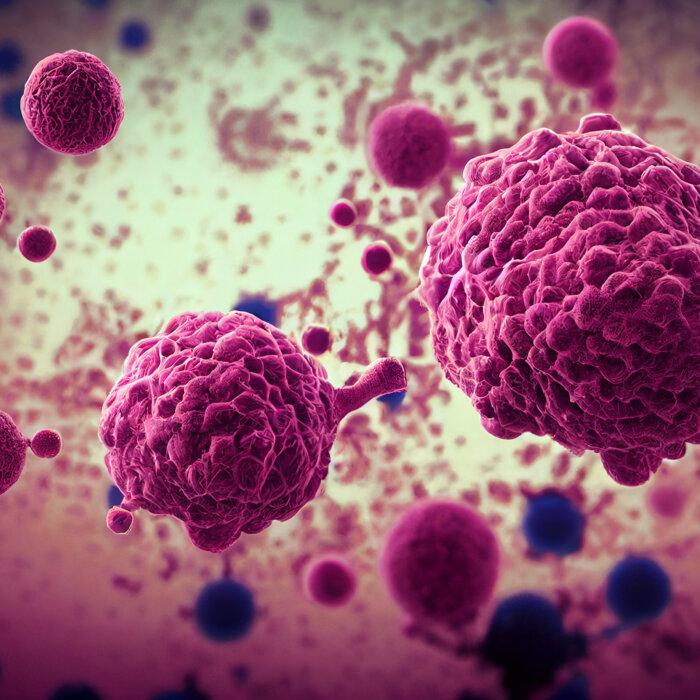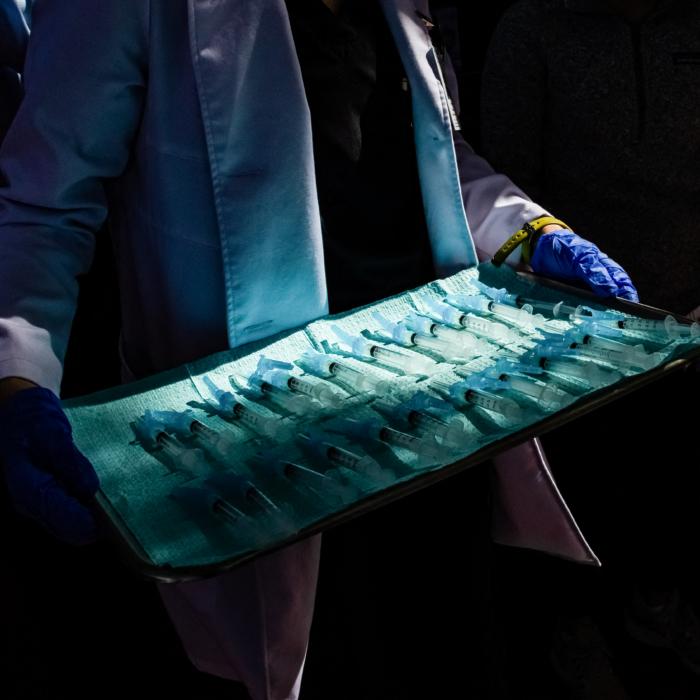The number of people diagnosed with cancer has jumped by 5 percent in just a year, with prostate cancer driving the sharp increase among men, the latest statistics show.
New figures for England show 346,217 new cancer cases were diagnosed in 2022, which equates to 948 people being diagnosed with the disease every day, up from 329,664 in 2021.
In women, there was a 2 percent overall rise in cases, from 161,747 to 165,340.
The jump in men’s diagnoses was mainly down to an increase in prostate cancer, which rose by more than a quarter to 54,732 cases.
‘Missing Men’ Campaign
In 2022, prostate cancer was the most commonly diagnosed cancer, and over half (51 percent) of all new cancer cases for both sexes combined were for just four types of cancer: of the prostate, breast, lung, or bowel.The surge of more than 11,000 cases of prostate cancer is the biggest annual increase on record, and follows a campaign to find the “missing men” who did not go for their recommended screening during the lockdown era.
Around 14,000 fewer men were diagnosed with prostate cancer than would have been expected in England and Scotland between April 2020 and December 2021, the figures suggest.
Factors which are said to increase the risk of cancer include getting older, being obese, drinking too much alcohol, and smoking, although the actual cause of cancer remains unknown.
Broadly speaking, cancer is defined as a group of diseases involving abnormal cell growth with the potential to invade or spread to other parts of the body. Scientists believe it can be caused by a combination of genetic and environmental factors, or by random mutations, although not all experts agree and many hypotheses have been put forward.
COVID-19 Jabs Link Raised
Some oncologists, such as Professor Angus Dalgleish, have raised repeated concerns that they have seen previously healthy patients develop aggressive, so-called “turbo” cancers, or patients in remission suddenly relapse, following a COVID-19 vaccine, particularly a booster shot.Writing in January, initially for TCW, Dalgleish said, “Rather than instigating a proper inquiry to investigate this when we raised these concerns, the medical authorities told us that all of what we were witnessing was a coincidence, that we had to prove it and, above all, not to upset our patients.”
Booster jabs are now only offered by the health service to the over-75s and those considered to be clinically vulnerable.
The NHS said death rates from cancer are falling, from 345 deaths per 100,000 men in 2011 to 299 per 100,000 in 2022.
In women, the drop was from 237 deaths per 100,000 in 2011 to 212 deaths per 100,000 in 2022.
NHS National Cancer Director Dame Cally Palmer said in a statement: “This data shows the NHS is diagnosing more cancers than ever before, and our work to raise awareness, target those at risk and encourage people to come forward for checks is leading to more people starting treatment promptly—potentially saving lives.
“We know that some people are still waiting too long to receive a diagnosis or the all-clear, and there is more to do to ensure all patients receive high-quality and timely care.”







